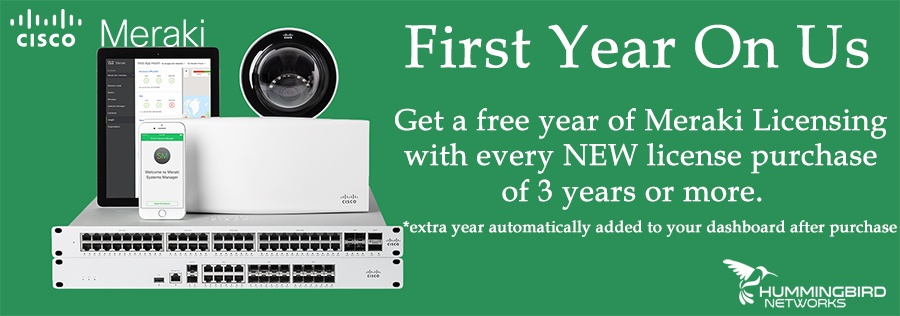 Teleworking was growing steadily before the start of COVID-19. Several organizations speedily adopted it as a solution to their staffing needs. Various factors coalesced to make remote work a success. They include good communication skills, excellent leadership, decent bandwidth speeds, flexibility, and applications such as WebEx. Although convenient, widespread adoption of remote work also has its downsides.
Teleworking was growing steadily before the start of COVID-19. Several organizations speedily adopted it as a solution to their staffing needs. Various factors coalesced to make remote work a success. They include good communication skills, excellent leadership, decent bandwidth speeds, flexibility, and applications such as WebEx. Although convenient, widespread adoption of remote work also has its downsides.
Major Security Risks Associated with Remote Work
Teleworking expands your security perimeter. With on-site employees, you can monitor the devices they use and ensure they adhere to network access protocols. A wider perimeter stretches your resources and makes it nearly impossible to guarantee security. Other risks include:
Insecure Configurations: Employees work remotely from wherever they feel comfortable. Other than home, they might decide to access the company network from public places such as libraries and coffee shops. Such networks tend to be less secure than private ones and increase the chances of cyberattacks.
Increased Malware Attacks: Now that bad actors know the majority of employees work from home, they’ve stepped up their  hacking attempts. Your employees are more likely to be tricked into sharing login details and other sensitive data.
hacking attempts. Your employees are more likely to be tricked into sharing login details and other sensitive data.
Threats from Personal Devices: The BYOD phenomenon makes it easy for employees to access company networks using their home devices. Although convenient, it increases the likelihood of attacks through unsecured endpoints. As the computing power of mobile devices increases, so does the threat they pose to your network.
How to Prioritize Network Security
The following solutions will help you better manage your extended security perimeter:
1) Invest in Virtual Private Networks
VPNs create a direct and encrypted connection between your employees' devices and the company network. They reduce the chances of opportunistic cybersecurity attacks from data leakage. The ability to alter your IP address makes it even harder for bad actors to target you. VPNs encompass various security protocols. The most common is Point-to-point tunneling protocol (PPTP), L2TP/IPsec, secure shell (SSH), and Secure Sockets Layer (SSL). Modern routers from established brands such as Cisco and Linksys come with inbuilt VPNs.
2) Install Firewalls
Firewalls regulate both incoming and outgoing network traffic through ports and applications. There are software-only and hardware firewalls. The best solution is to install a hybrid system to protect you from both external and internal threats. Software firewalls are good at stopping viruses and other malicious applications that manage to sneak into your network. Cisco, Fortinet, and Sophos have a variety of highly capable firewalls.
3) Embrace Cloud Computing
Cloud computing has come a long way from being an industry buzzword to powering nearly all small, medium, and large enterprises. Its biggest benefit is the cost savings you'll enjoy from outsourcing most of your IT tasks. You can also share files fast and securely across the network. In the past, you had to do so through flash drives and other storage solutions, which increased the likelihood of unauthorized access and data loss.
As cloud vendors update their offerings, they also improve  security to the consumer's benefit. They allow you to enjoy the convenience of cloud-managed products such as the Meraki suite, Netgear smart cloud switches, and Adtran cloud access points.
security to the consumer's benefit. They allow you to enjoy the convenience of cloud-managed products such as the Meraki suite, Netgear smart cloud switches, and Adtran cloud access points.
4) Data Backup
Although you believe your precious company resources are secure, it's advisable to back them up just in case. A data breach or ransomware attack could bring your firm to its knees. Backups can either be done on company servers or the cloud. With remote work, you can never tell with certainty where the next attack will originate from. Data backups assure you that if you're caught unawares, operations will continue uninterrupted.
5) Train Your Staff On Network Security Protocols
You can conduct virtual training sessions to remind employees of the importance of having high cybersecurity standards. Encourage them to have strong, unique passwords and ensure they access the company network through encrypted home networks. They should download only official company applications, attachments, and updates. Once done with company work, it’s advisable to log out of their accounts to prevent unauthorized access. Finally, you must hold regular training on how to identify ever-changing threats such as phishing, identity theft, and email attacks.
6) Outsource to a Reliable MSP
Since nearly all work is done remotely, even your in-house IT team can get overwhelmed. Hiring an experienced managed service provider is one way of improving your network security. This team will focus solely on preventing data breaches. Hummingbird Networks does so by conducting regular and thorough IT security assessments, penetration testing, and installation of secure software and hardware. Our wireless network assessments also keep you safe from threats associated with growing mobile device usage.
At Hummingbird Networks, we understand the critical role network security plays in maintaining your company’s integrity. With over 15 years of experience and top-notch expertise in IT-related products, we have comprehensive solutions to your networking needs. Other than existing technology, we study trends to ensure we stay ahead of the curve. Please contact us today for more details.










